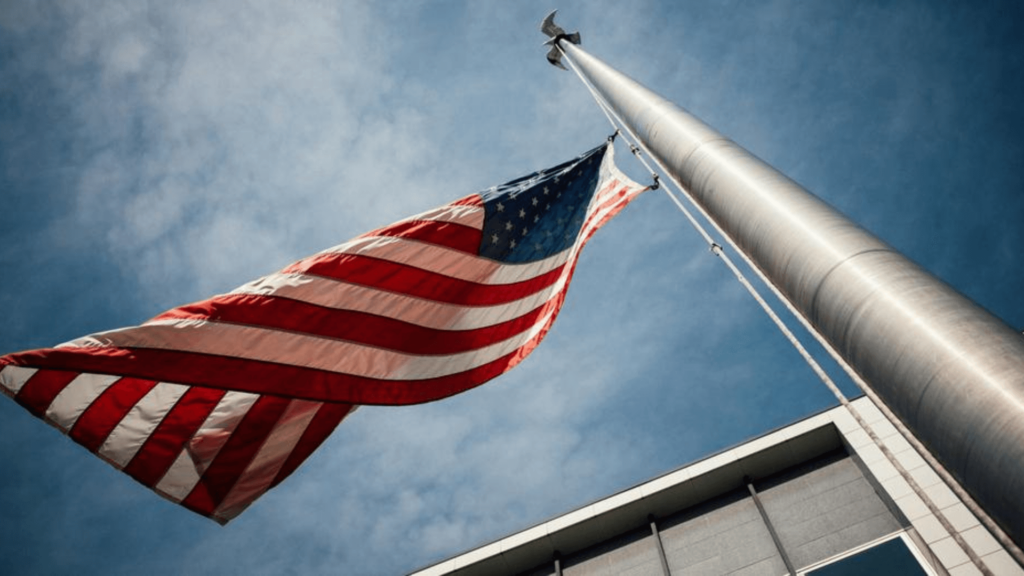
Read: Practices for Defending Democracy
Rabbi Nancy Fuchs Kreimer’s essay frames defending democracy as a series of spiritual practices informed by Jewish teachings.

Rabbi Nancy Fuchs Kreimer’s essay frames defending democracy as a series of spiritual practices informed by Jewish teachings.
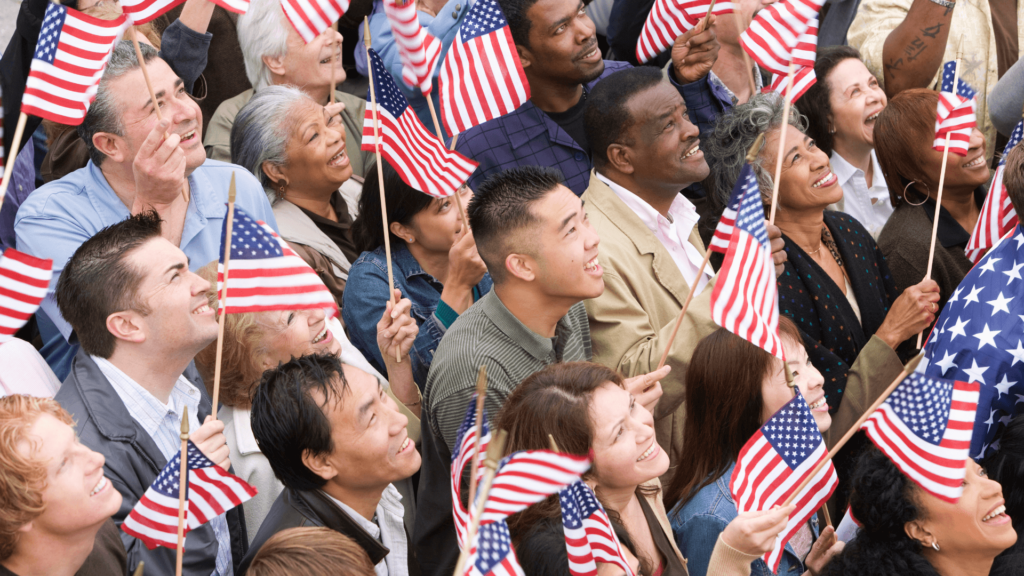
Rabbi Deborah Waxman, Ph.D., traces the Reconstructionist embrace of democracy, laying out the history while positing how best to respond to the present and future.
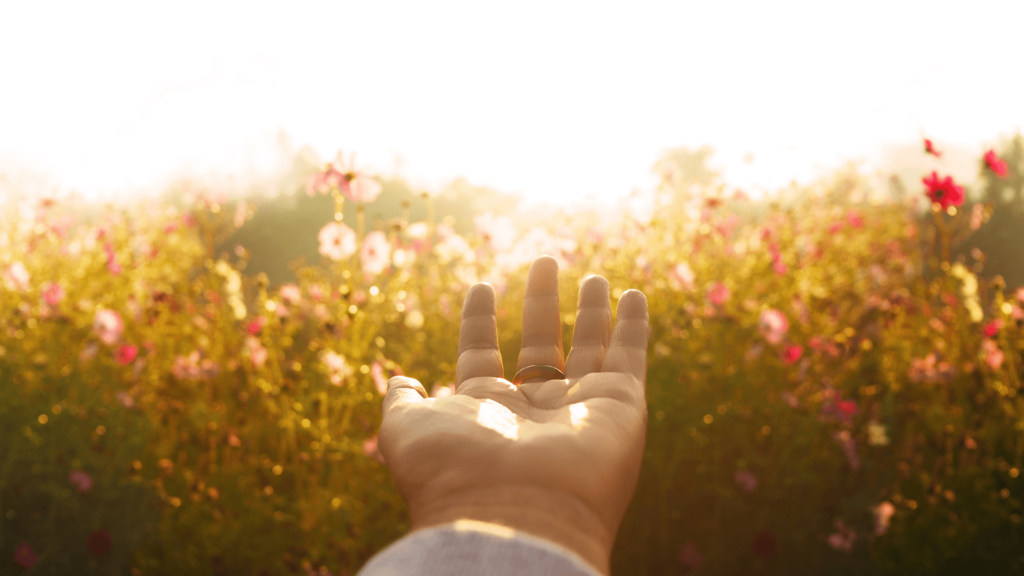
The song by Rabbi Michael Strassfeld is inspired by Ezekiel’s vision of the valley of dry bones, a symbol of hope in dark times.
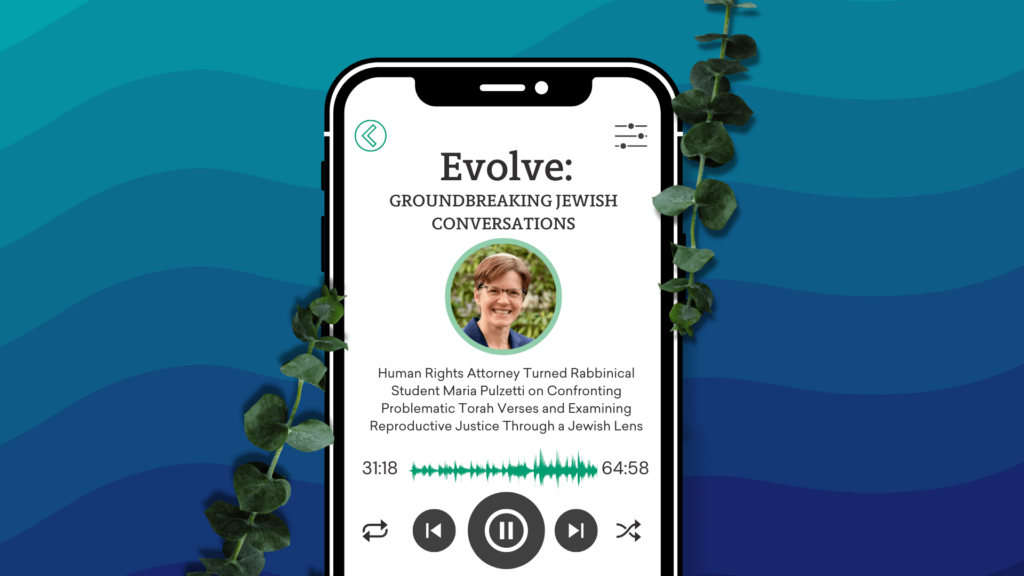
Maria Pulzetti, human rights attorney turned rabbinical student, shares how she approaches Jewish texts that seem to contradict her worldview. She also discusses reproductive justice through a Jewish lens.
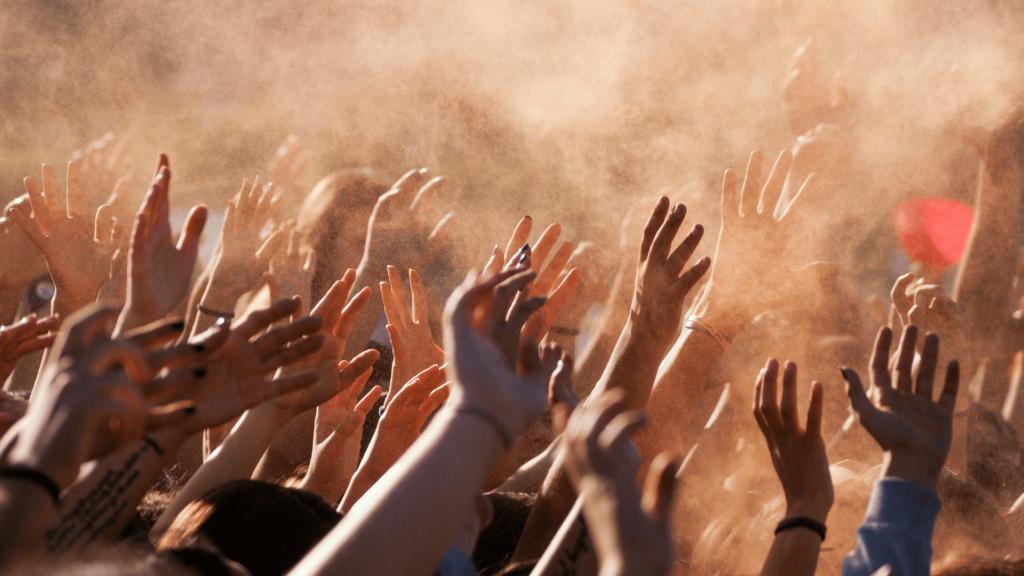
Reconstructionists helped coin the term “peoplehood” and Rabbi Bob Gluck has been thinking about what it means in today’s complex times. For deeper insight, he spoke with many Reconstructionist rabbinic colleagues about the past, present and future of Jewish peoplehood.
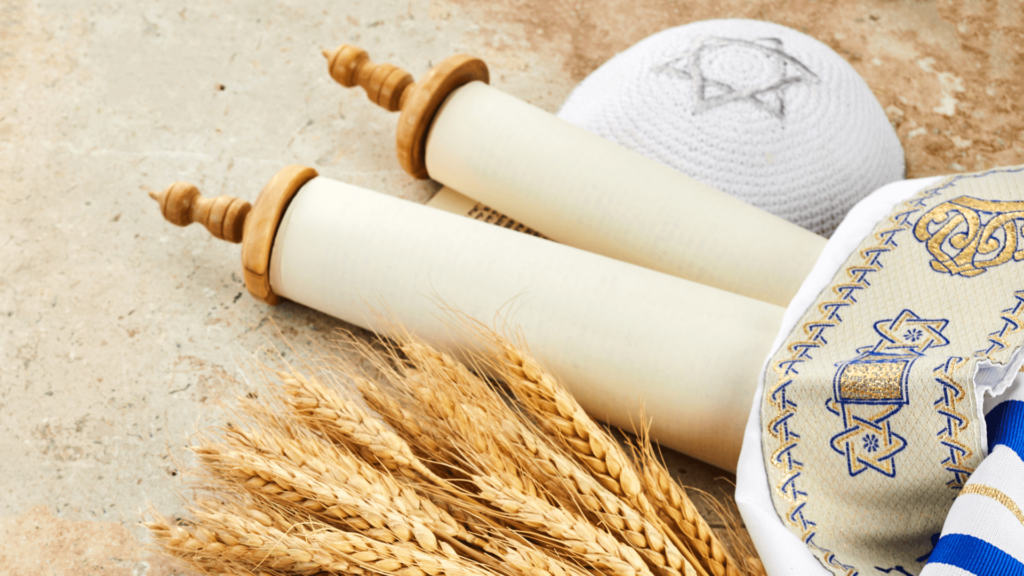
These new and previously published essays offer a range of perspectives on how to engage with Torah, Revelation, Shavuot and, ultimately, Judaism itself.
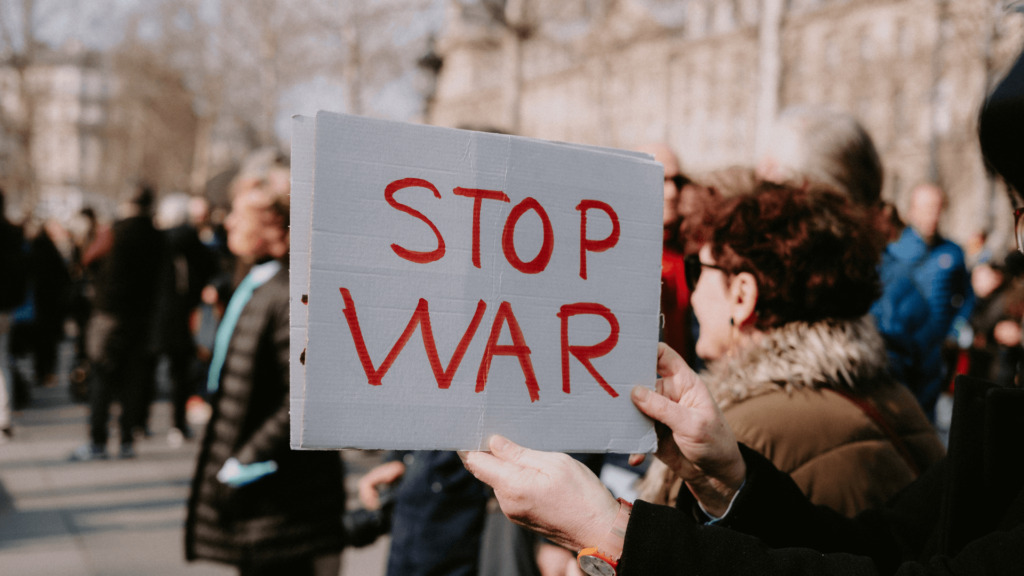
Rabbi Katie Mizrahi, a Zionist who reaffirms Israel’s right to defend itself, explains why she has joined calls to end the war in Gaza. She also shares some of her formative Israel experiences.
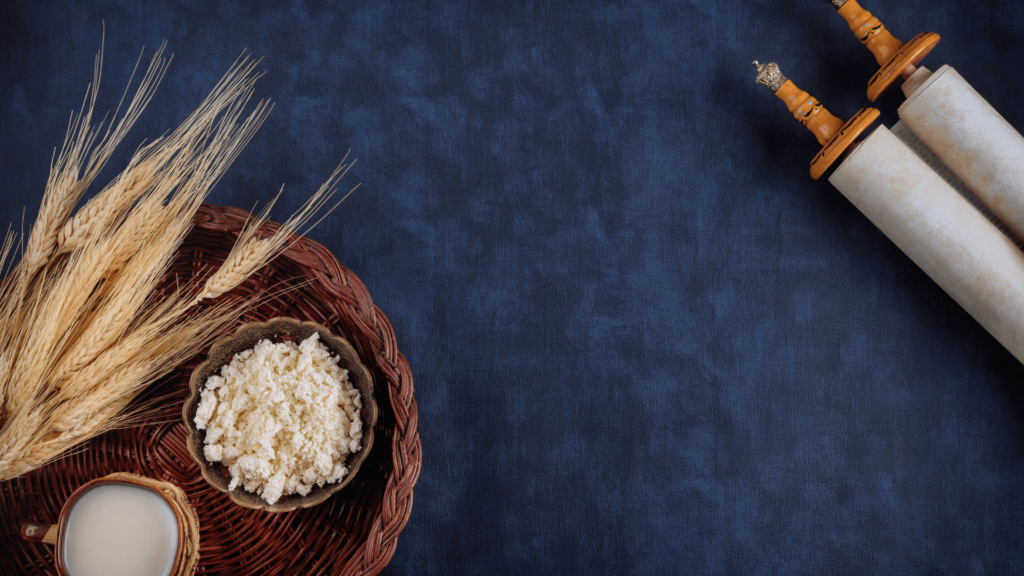
With Shavu’ot approaching, Rabbi Ruhi Sophia Motzkin Rubenstein reminds us that we can gain wisdom, and even joy, in studying the parts of the Torah that we’d prefer to avoid or ignore.
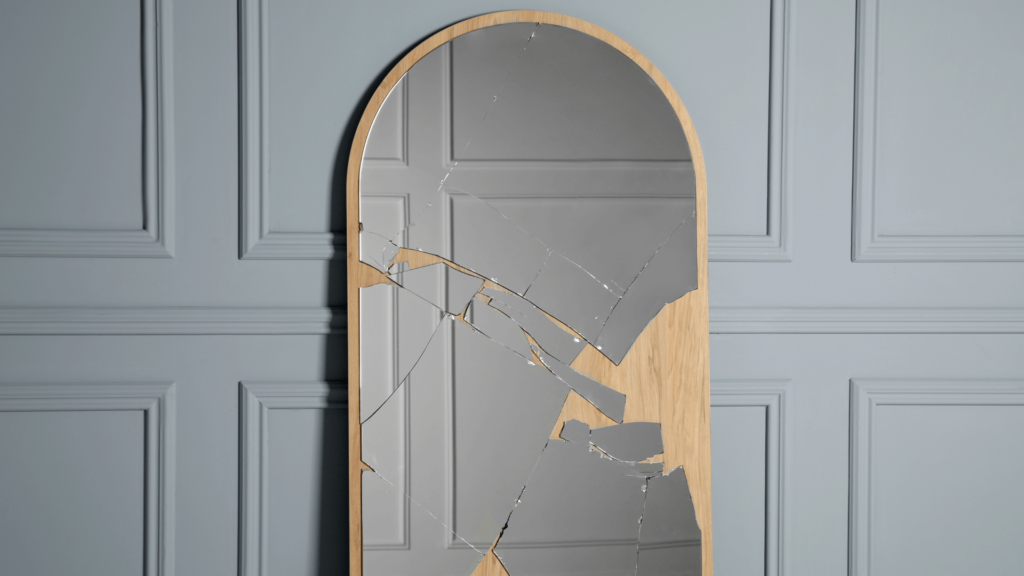
Where do you turn when you lose faith in what you held firmly? Ethicist Louis E. Newman, Ph.D., argues that, after October 7, Jewish-American civic religion, and its relationship to Israel, will never be the same and that we are in a time of “unsettling transition.”